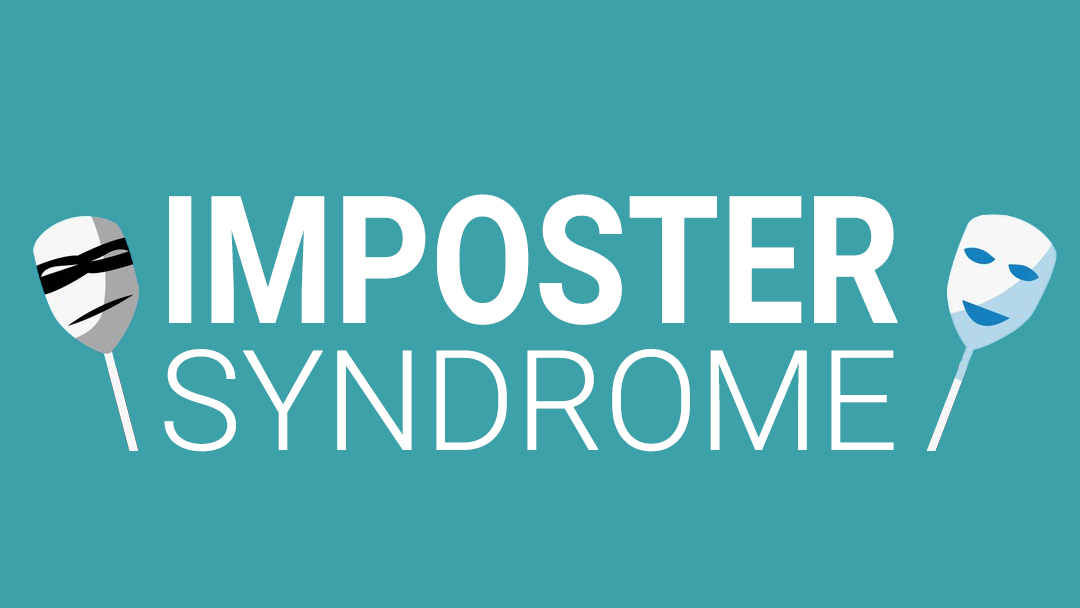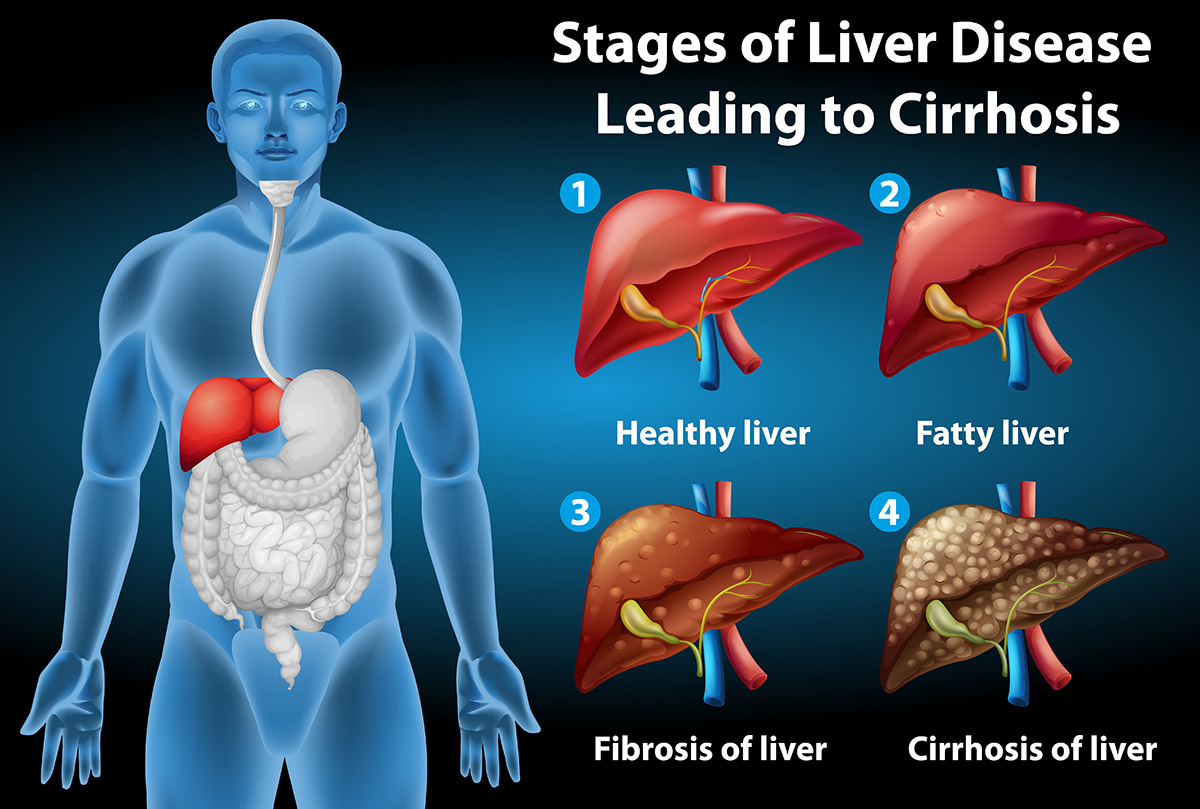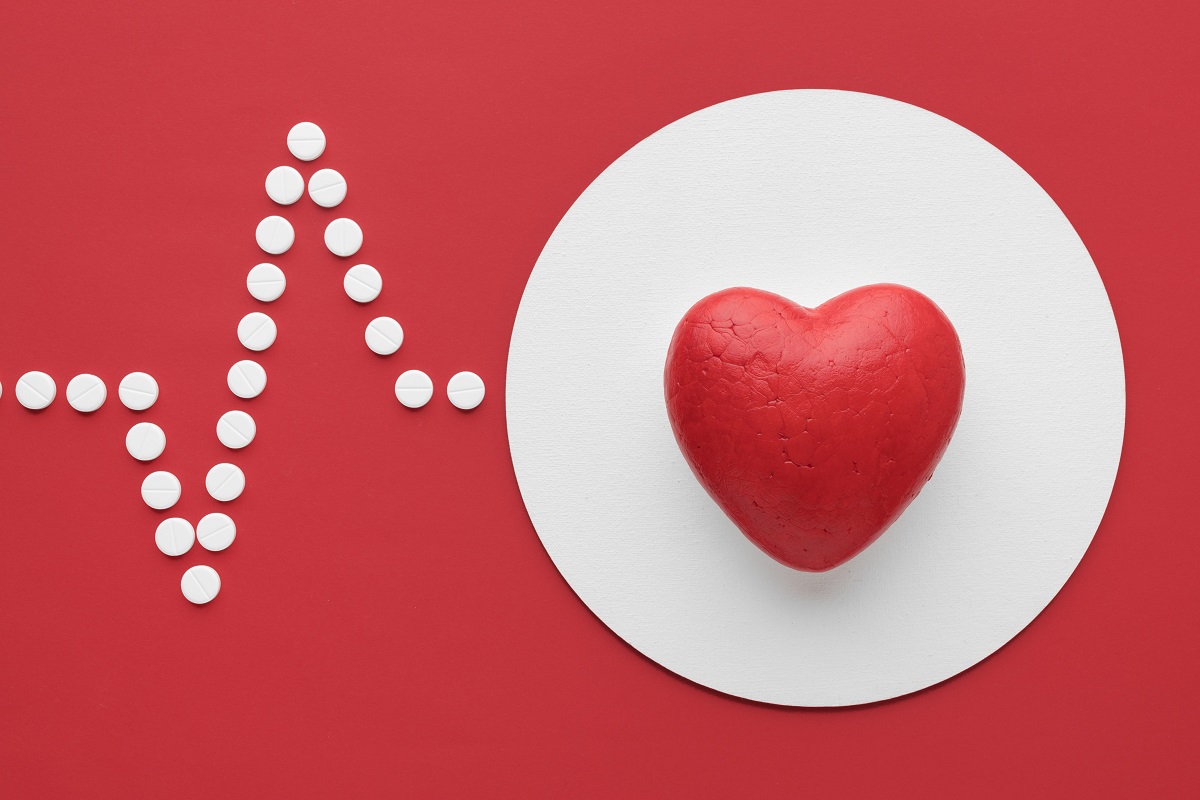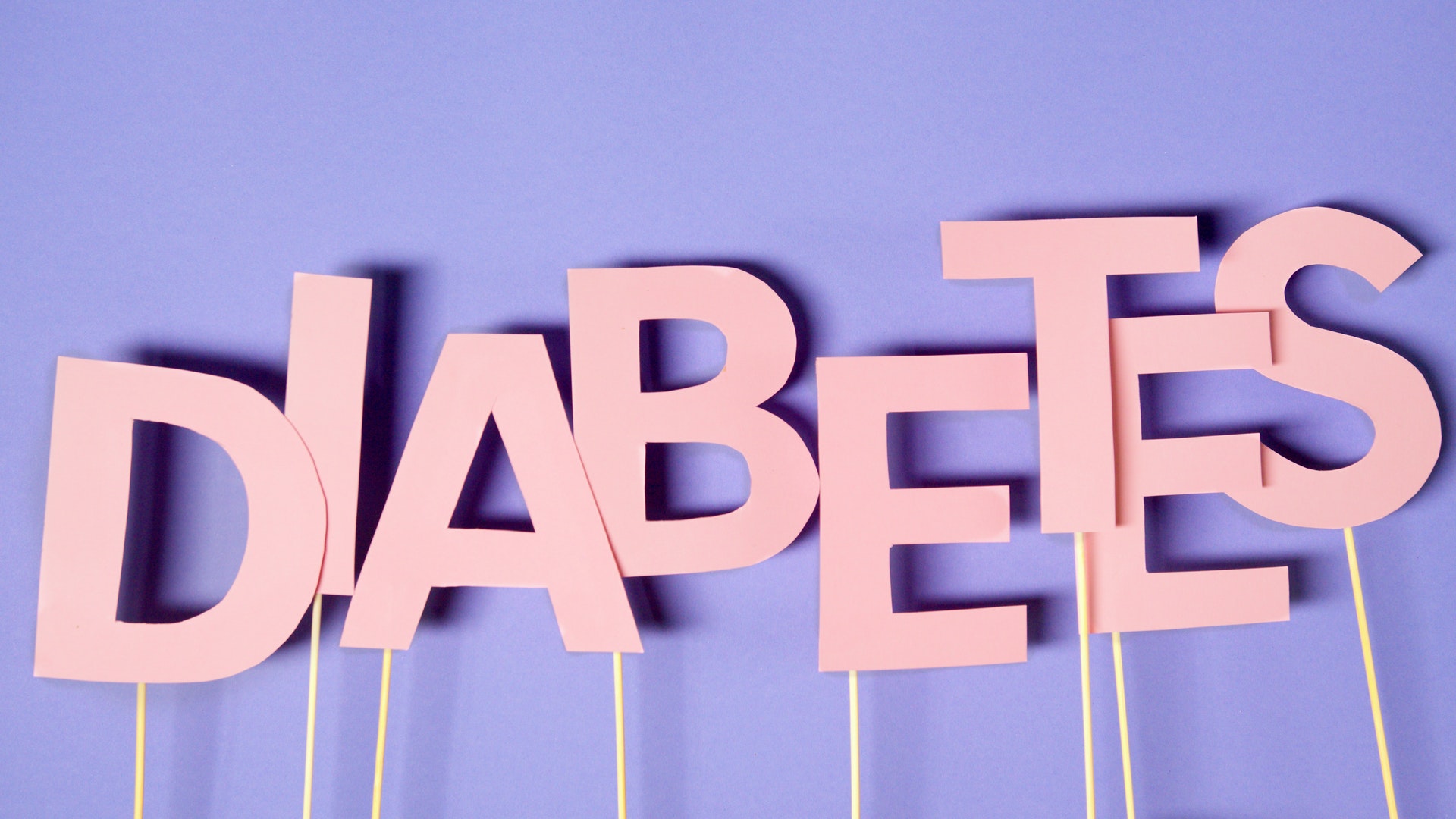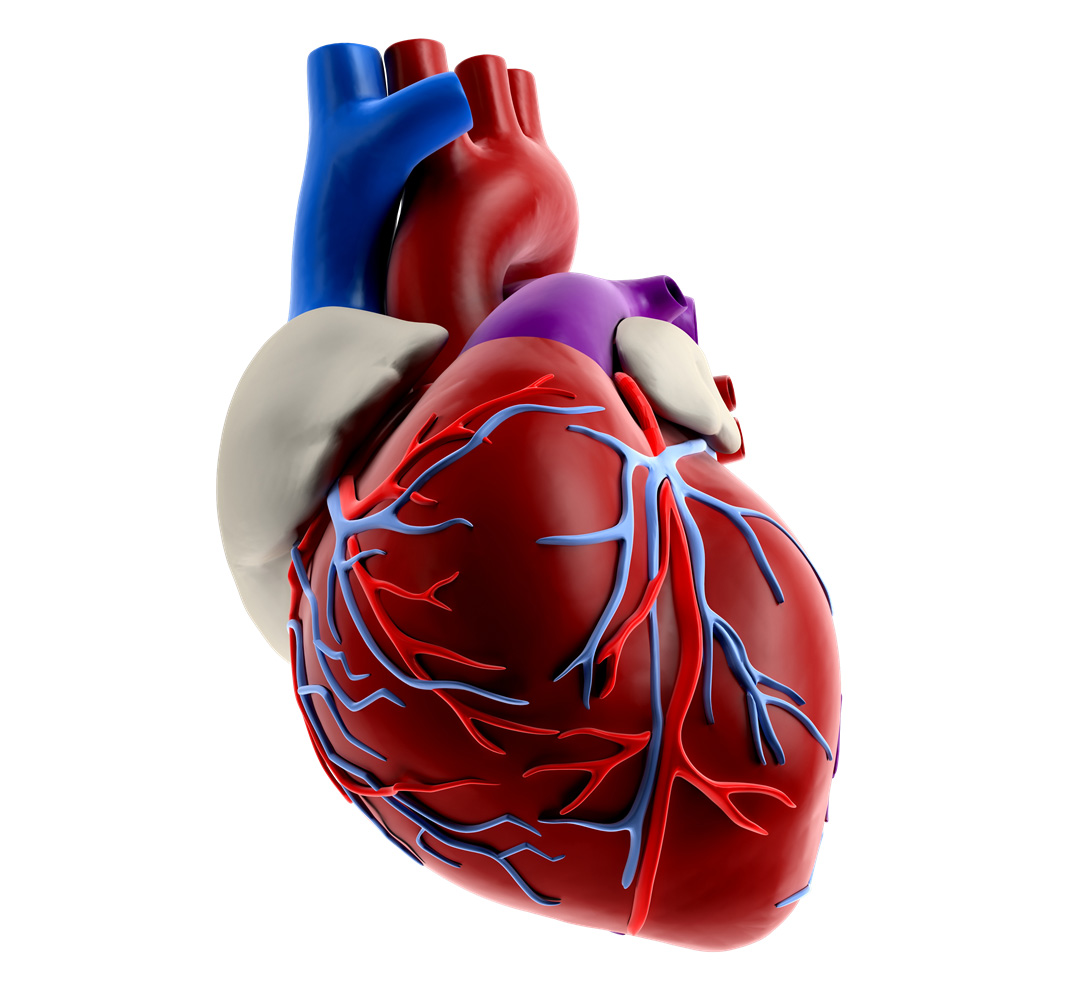Kidney failure definition and facts
Kidneys are the organs that filter waste products and excess fluid from the blood. They are also involved in regulating blood pressure, electrolyte balance, and red blood cell production in the body.
- Symptoms of kidney failure are due to the build-up of waste products and excess fluid in the body that may cause feeling of weakness, lethargy, swelling, and shortness of breath. Inability to filter and balance electrolytes from the bloodstream may lead to heart dysrhythmias and sudden death. Initially, kidney problems may cause no symptoms.
- There are different causes of kidney failure, and treatment of the underlying cause is the first step in correcting any kidney abnormality.
- The diagnosis of kidney failure usually is made by blood tests measuring BUN, creatinine, and glomerular filtration rate (GFR).
- Treatment of the underlying cause of kidney failure can return kidney function to normal. Lifelong efforts to control or reverse high blood pressure and diabetes may be the best way to prevent chronic kidney disease and its progression to kidney failure and subsequent dialysis and kidney transplant.
What do the kidneys do?
When blood flows to the kidney, specialized kidney cells have sensors to regulate how much water to excrete as urine, along with what concentration of electrolytes. For example, if a person is dehydrated the kidneys will hold onto as much water as possible and the urine becomes very concentrated. When adequate water is present in the body, the urine is much more dilute, and the urine becomes clear. This system is controlled by renin, a hormone produced in the kidney that is part of the fluid and blood pressure regulation systems of the body.
Kidneys also makes erythropoietin in the body, a hormone that stimulates the bone marrow to make red blood cells. Special cells in the kidney monitor the oxygen concentration in blood. If oxygen levels fall, erythropoietin levels rise and the body starts to manufacture more red blood cells.
Urine that is made by each kidney flows through the ureter to the bladder. Urine is stored within the bladder, and when urination occurs, the bladder empties urine through the urethra.
What are the signs and symptoms of kidney failure?
Initially, kidney failure may be not produced any symptoms (asymptomatic). As kidney function decreases, the symptoms are related to the inability to regulate water and electrolyte balances, clear waste products from the body, and promote red blood cell production.
If unrecognized or untreated, the following symptoms of kidney failure may develop into life-threatening circumstances.
- Lethargy
- Weakness
- Shortness of breath
- Generalized swelling
- Loss of appetite
- Lethargy
- Fatigue
- Congestive heart failure
- Metabolic acidosis
- High Blood Potassium
- Fatal heart rhythm disturbances (arrhythmias) including ventricular tachycardia and ventricular fibrillation
- Rising urea levels in the blood may lead to brain encephalopathy, pericarditis (inflammation of the heart lining), or low calcium blood levels (hypocalcemia)
What causes kidney failure?
Kidney failure may occur from an acute situation that injures the kidneys such as a medication adverse reaction, blood infection, overdose, (etc) or from chronic diseases that gradually cause the kidneys to stop functioning, such as diabetes, high blood pressure or heart disease.
In acute renal failure, kidney function is lost rapidly and can occur from a variety of insults to the body. Since most people have two kidneys, both kidneys must be damaged for complete kidney failure to occur. Fortunately, if only one kidney fails or is diseased it can be removed, and the remaining kidney may continue to have normal kidney (renal) function. If both patient's kidneys are injured or diseased, a donor kidney(s) may be transplanted.
Does kidney failure cause pain?
Kidney failure in itself does not cause pain. However, the consequences of kidney failure may cause pain and discomfort in different parts of the body.
Normal functioning kidneys filter amyloid (a protein) from the blood stream. In kidney failure amyloid proteins in the blood rise, and can separate and clump together forming amyloid deposits into a variety of tissue and organs, including joints and tendons. This can result in symptoms of: joint stiffness, pain, and swelling
Procedure related pain
- Patients who are on dialysis may have discomfort when on the machine dialysis.
Underlying chronic disease pain
- Pain is often a consequence of the underlying chronic disease that led to kidney failure, for example:
- People with poorly controlled diabetes may develop pain from diabetic neuropathy. People who have peripheral vascular disease also may have pain in their extremities, and may develop claudication (leg pain that occurs withwalking).
Diagnosis of kidney failure can be confirmed by blood tests such as BUN, creatinine, and GFR.
What is the treatment for kidney failure
Prevention is always the goal with kidney failure. Chronic diseases such as high blood pressure and diabetes are devastating because of the damage that they can do to kidneys and other organs. Lifelong diligence is important in keeping blood sugar and blood pressure within normal limits. Specific treatments depend upon the underlying diseases.
Once kidney failure is present, the goal is to prevent further deterioration of renal function, and the possibility of reversal when carefully monitoring diet and lifestyle changes. If ignored, the kidneys will progress to complete failure, but if underlying illnesses are addressed and treated aggressively, kidney function can be preserved, and often improved.
What medications treat kidney failure?
Different medications are used to control and prevent symptoms associated with kidney failure: medications to lower phosphorus; iron supplements and medication to stimulate red cell production in the kidneys; blood pressure medications; vitamins.
Once the kidneys fail completely, the treatment options are limited to dialysis or kidney replacement by transplantation.
What are dialysis and hemodialysis?
Dialysis cleanses the body of waste products in the body by use of filter systems. There are two types of dialysis, 1)hemodialysis, and 2) peritoneal dialysis.
Hemodialysis uses a machine filter called a dialyzer or artificial kidney to remove excess water and salt, to balance the other electrolytes in the body, and to remove waste products of metabolism. Blood is removed from the body and flows through tubing into the machine, where it passes next to a filter membrane. A specialized chemical solution (dialysate) flows on the other side of the membrane. The dialysate is formulated to draw impurities from the blood through the filter membrane. Blood and dialysate never touch in the artificial kidney machine.
What is peritoneal dialysis?
Peritoneal dialysis uses the lining of the abdomen as the dialysis filter to rid the body of waste and to balance electrolyte levels. A catheter is placed in the abdominal cavity through the abdominal wall and it is expected to remain in place for the long-term. The dialysis solution is then dripped in through the catheter and left in the abdominal cavity for a few hours , often overnight, after which, it is drained out. During that time, waste products leech from the blood flowing through the lining of the abdomen (peritoneum), and attach themselves to the fluid that has been instilled by the catheters.There are benefits and complications for each type of dialysis.The type of dialysis a patient receives depends on the patient's illness and their past medical history along with other issues. Dialysis is lifesaving. Patients may live many years with dialysis but other underlying and associated illnesses often are the cause of death.
Is a kidney transplant an option?
If kidney failure occurs and is non-reversible, kidney transplantation is an alternative option to dialysis. If the patient is an appropriate candidate, the healthcare professional and nephrologist will contact an organ transplant centre to arrange evaluation to see whether the patient is suitable for this treatment. Family members may have compatible tissue types and may donate a kidney. Otherwise, the patient will be placed on the organ transplant list. Few hospitals are capable of performing kidney transplants, so the patient may have to travel to undergo their operation. The patient will need to take anti-rejection medications that reduce the ability of the immune system to fight infection. The body can try to reject the kidney or the transplanted kidney may fail to work. As with any operation, there is a risk of bleeding and infection.
Kidney transplants may provide better quality of life than dialysis. After one year, 95% of transplanted kidneys are still functioning and after five years, the number is 80%. It seems that the longer a patient is on dialysis, the shorter the life of the transplanted kidney.
If the transplanted kidney fails, the alternative is another kidney transplant or a return to dialysis.
What is the prognosis and life expectancy for kidney failure? Can it be prevented?
The outlook for kidney failure depends upon the underlying condition that caused it. Kidney function may return to normal, especially if it is due to an acute obstruction and that obstruction is relieved. Other causes of decreased kidney function leading to kidney failure are due to underlying disease and occur slowly over time.
Prevention is the best chance to maintain kidney function, and controlling high blood pressure and diabetes over a lifetime can decrease the potential for progressive kidney damage. Chronic kidney failure may be managed to help monitor electrolyte and waste product levels in the bloodstream. Major abnormalities can be life-threatening, and treatment options may be limited to dialysis or transplant.
NIH NIDDK
webmd.com



